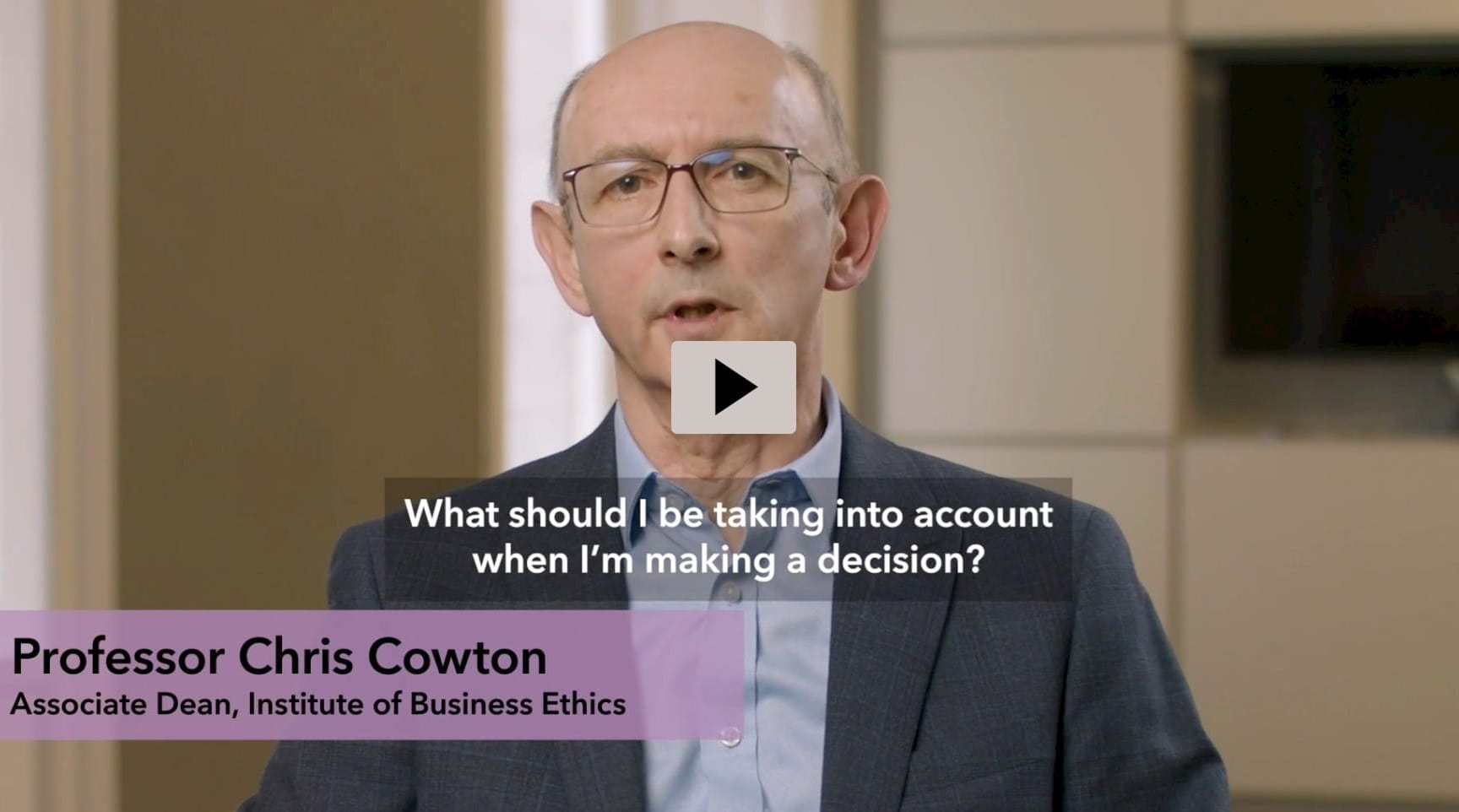Last October, a survey about reporting damage to the environment revealed a powerful snapshot of attitudes relating to speaking up about bad-faith actions in the workplace. According to research from whistleblowing charity Protect, only a third (36%) of UK employees believe they can flag up environmental issues within, or caused by, their business and be protected under law.
The top three barriers to staff coming forward were fear of reprisals (22%), worries about providing proof (22%) and that their concerns would not be dealt with properly (20%). In 2022, just six out of 2,500 calls to Protect’s advice line related to environmental issues.
Despite the specific theme of this particular piece of research, it suggests that many employees remain nervous about whistleblowing in general. However, as the ongoing Post Office scandal has shown, whistleblowers can play a key role in exposing information of high public interest.
Legal protection for speaking up is enshrined in the Public Interest Disclosure Act, now more than a quarter of a century old. In March 2023, the Department for Business and Trade launched a review of that framework, which was expected to conclude at the end of the year. With the first quarter of 2024 almost passed, that review has yet to report on its findings. So where does this leave workplace policy?
False distinction
For Protect’s Director of Policy and Communications, Andrew Pepper-Parsons, how a company approaches its whistleblowing policy is every bit as important as the policy itself. First of all, a business must be careful about how it labels the process of coming forward, because of how that may influence staff.
“Not every organisation wants to use the term ‘whistleblowing’, because of its negative connotations,” he says. “But drawing a false distinction between that term and, say, ‘speak up’ is dangerous. By focusing on ‘speak up’, you can imply that the process is purely internal. But whistleblowing is about using external routes, too – such as regulators, and even the press. So ensuring that your language around whistleblowing keeps those external avenues front of mind for employees is essential.”
Second, organisations must recognise that a policy by itself is not enough. Instead, it should be part of an ecosystem of supporting actions. One of those is training: ensuring that staff are aware of how to raise concerns, and that managers understand how to respond to them.
Another is measuring workforce engagement with the process. “A system of staff surveys and focus groups will help you assess that level,” Pepper-Parsons says. “It will provide you with a stream of data to look at, covering everything from concerns being raised to staff survey results and the review process at board level.”
He notes that the data should include points such as incident rates, breaches of confidentiality, victimisation, and perhaps statistics on incidents that were reported to regulators instead of internal channels and only came to the board’s attention much later. “This will give you a clear, holistic idea of what the culture looks like. Our message is that it’s about more than a policy. It’s about setting up a sort of infrastructure, and thinking about how you communicate it to your staff.”
Gauging impacts
In Pepper-Parsons’s assessment, the worst thing a company can do while drafting its whistleblowing policy is to make it feel too legalistic; this problem could arise from placing the task entirely in the hands of lawyers. Instead, the policy must be developed in collaboration with staff and, where applicable, trade unions.
Its effectiveness, meanwhile, must be set in line with three benchmarks:
1. Governance
In other words, how the policy is shaped, including any supporting documents. Important points to consider would be what the policy covers, the tone of language in which it addresses employees and what it requires of key members of staff.
2. Engagement
Or how the policy is communicated, and how its impacts are measured. “We’ve seen a good example,” Pepper-Parsons says, “where a major financial institution made a great effort to seek out the views of under-represented groups of staff, along with its employees more widely, to find out how they have engaged with the policy, what their views and attitudes are towards it and whether they have hit any barriers to use.”
3. Operations
How concerns are reported and dealt with. Pepper-Parsons notes that there are multiple potential routes that employees can use to report concerns. As such, a policy should avoid narrowing the scope of options to, say, the whistleblower’s line manager. “In a large organisation, you may have a whole department that’s particularly problematic,” he says. “So having a special whistleblowing team or a reporting platform hosted by a third-party provider can be very effective. However, this is also about how you build a relationship with whistleblowers, even over an anonymous platform, to provide psychological safety.”
Damaging effect
More than 40% of people who have approached Protect’s advice line say their employers have ignored their concerns. For Pepper-Parsons, this figure alone shows why whistleblowing policies matter.
“If a whistleblower walks away feeling their concerns haven’t been listened to, that can have a real, damaging effect on the wider culture,” he says. “It may lead whistleblowers to decide against persisting with raising their concerns. Or perhaps others will see how they are being treated and won’t come forward in the future.”
In a recent ICAEW video on whistleblowing, BAE Systems’ Global Head of Ethics, Dominic Hall, explained how his company uses storytelling to break down barriers to speaking up. “As humans, we react very, very well to storytelling,” he said. “We use infographics in different parts of our business saying, ‘In this particular warehouse, 20 people spoke up last year, using the following routes. And this is what happened: 10 were answered by guidance and 10 led to investigations, of which seven were substantiated and three were unsubstantiated.’”
This approach has a positive impact on staff morale and encourages them to speak up if they see anything unethical going on, he explained. “It’s one of the most powerful ways of encouraging that speak-up culture.”
David Gomez, ICAEW’s Senior Lead, Ethics, says: “Speaking up takes courage, and that’s the hallmark of a profession with a responsibility to act in the public interest. The ICAEW Code of Ethics imposes a duty on all professional accountants to speak up whenever they encounter instances of non-compliance with laws and obligations.
“Accountants should familiarise themselves with the detailed steps set out in the Code. A brief guide can be found here. The Code requires all accountants to contribute towards an ethics-based organisational culture, which includes having speak-up policies in place.”
Ethics CPD course
This free course helps you apply the Code of Ethics to everyday situations and satisfy your CPD requirements.




